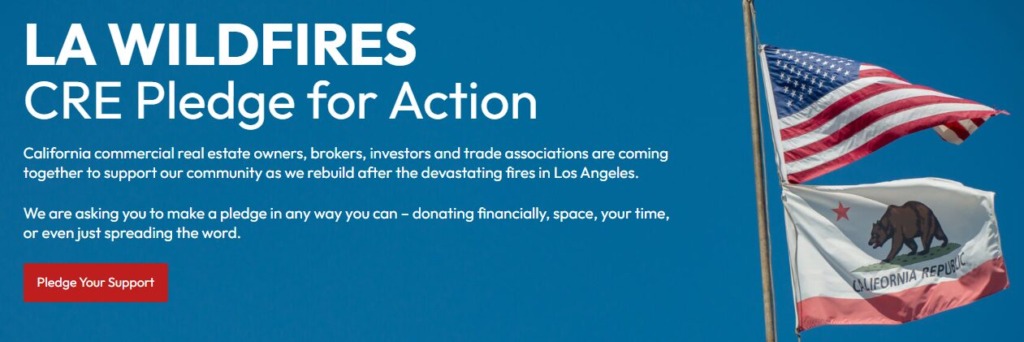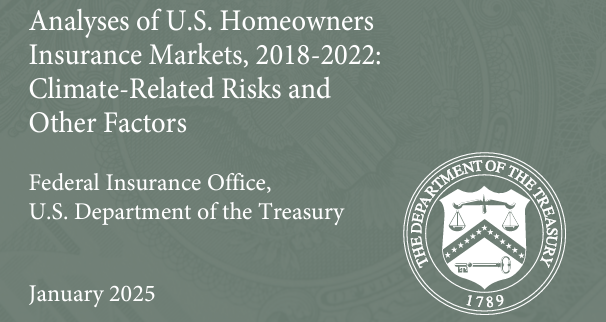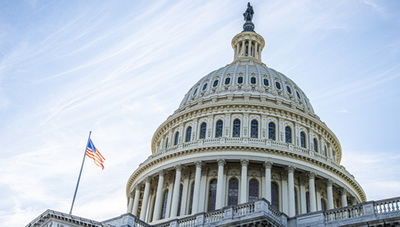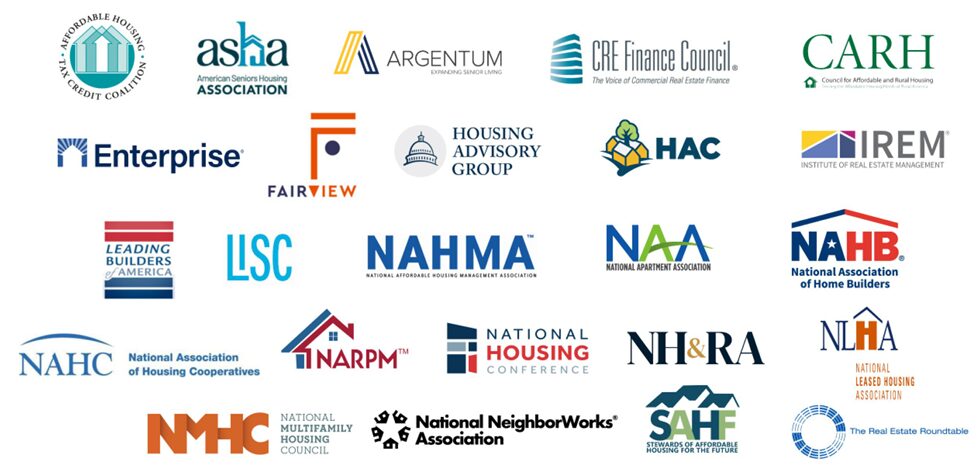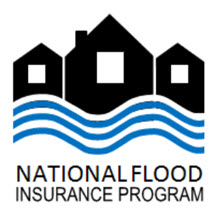
Rising disaster risks—from California wildfires to coastal flooding—are pushing property insurance costs to crisis levels, forcing insurers to retreat from high-risk markets. At the same time, Congress is working to pass another short-term extension of the National Flood Insurance Program (NFIP) before the March 14 deadline, while acknowledging the urgent need for long-term reforms.
View from Congress
- Congress has enacted over 32 short-term extensions of the NFIP.
- Without comprehensive reforms, property owners and commercial real estate investors face increasing premiums, reduced coverage, and market uncertainty—issues that now threaten housing affordability and broader economic stability.
- Sen. John Kennedy (R-LA), co-chair of the Senate Banking Committee’s NFIP working group, and House Financial Services Republicans warn that Congress must stop “kicking the can down the road” with temporary National Flood Insurance Program (NFIP) extensions. (PoliticoPro, Feb. 25)
- Lawmakers from both parties have long called for an overhaul.
- Sen. Kennedy and Sen. Kevin Cramer (R-ND), a member of the Senate Banking Securities, Insurance, and Investment Subcommittee, recently told POLITICO they are open to incorporating other disaster coverage into NFIP renewal. (Politico, Feb. 13)
- Potential changes to the program could include exploring a national catastrophe insurance program, combining flood, wildfire, and hurricane coverage into a single, federally backed plan. (Politico, Feb. 13)
- Meanwhile, Sen. Jack Reed (D-RI) noted that the Senate Banking Securities, Insurance, and Investment Subcommittee has been exploring NFIP reforms for years.
Roundtable Advocacy
- The Roundtable has been a long-standing supporter of a long-term reauthorization of the NFIP with appropriate reforms. (Roundtable Weekly, Oct. 4)
- Without a robust, long-term NFIP, property owners face escalating risks from future storms, leaving both homeowners and commercial real estate properties vulnerable.
- A long-term reform and reauthorization of the NFIP is essential for residential markets, overall natural catastrophe insurance market capacity, and the broader economy.
BPC Report: The Growing Insurance Crisis
- A new Bipartisan Policy Center (BPC) white paper, “Rising Property Insurance Costs: Opportunities for Federal Action” highlights the growing affordability and availability challenges facing homeowners, multifamily developers, and insurers as climate risks drive up property insurance costs. (BPC, Feb. 27)
- Key takeaways from the report: With insurer exits accelerating in high-risk markets, affordable housing developers are struggling—property insurance premiums for multifamily housing jumped 129% between 2018-2023, and disaster risk is intensifying—climate-driven disasters like wildfires, hurricanes, and flooding now account for 90% of property insurance claims.
- The paper also presented potential opportunities for federal policymakers to help mitigate the impact of rising property insurance costs on housing affordability.
- Some of BPC’s policy recommendations included: Expanding federal incentives for resilience upgrades, enhancing transparency and data-sharing on disaster risk, allowing insurers, developers, and lenders to make more informed decisions, and considering a federal catastrophe insurance backstop, similar to NFIP, to stabilize private insurance markets.
The Roundtable and its industry partners are actively engaging with policymakers and stakeholders to address commercial insurance gaps and rising costs while advocating for targeted policy solutions to ease the financial burden on housing providers nationwide.

